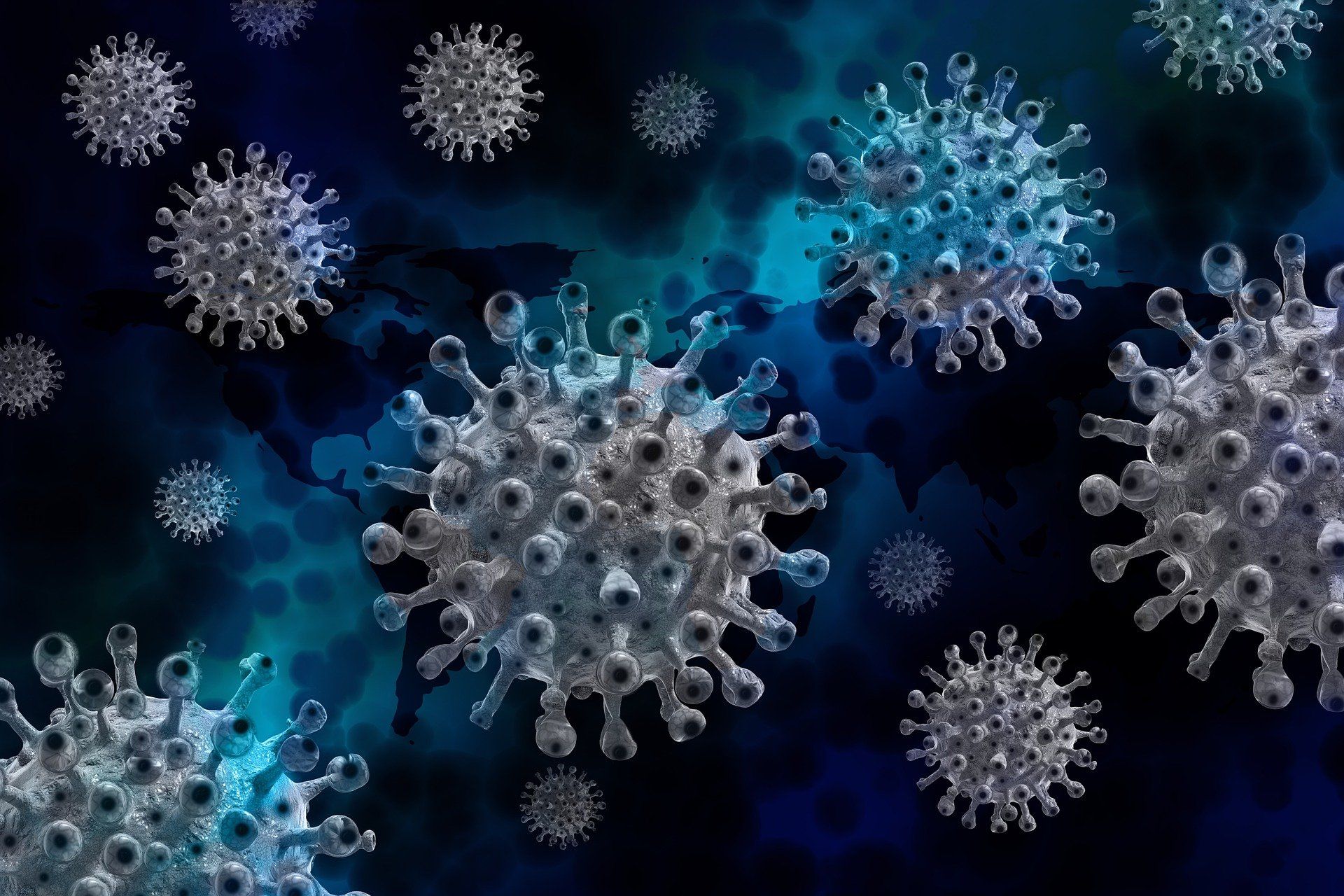A recent study has discovered that an HIV-positive woman harboured COVID-19 infection for 216 days.
Also Read | AIDS epidemic: 4 decades pass but HIV vaccine still out of grasp
The virus accumulated more than 30 mutations, according to the case report, which is currently being examined by peers. On Thursday, the report was released.
The woman, who is 36-years-old, has not been identified. She is currently residing in South Africa, reported Hindustan Times.
The novel coronavirus that wreaked havoc on the world last year has undergone a number of modifications, which have caught scientists off guard.
According to the researchers, the alterations implicated 13 spike proteins, which help the virus evade the autoimmune reaction, and 19 others, which might affect its behaviour.
Also Read | COVID-19 origin and China lab leak theory. What do we know so far?
“While the majority of persons are able to eliminate Sars-CoV-2, there have been cases of protracted infection in immunosuppressed individuals In a patient with advanced HIV and antiretroviral treatment failure, we reported a case of protracted infection lasting more than 6 months with the shedding of high titter SARS-CoV-2.
“We show the early appearance of the E484K substitution linked with neutralizing antibody escape, followed by other escape mutations and the N501Y substitution observed in most variants of concern, using whole-genome sequencing at several time periods,” according to an excerpt of the study.
Also Read | Haunted by HIV, top WHO scientist says world must do better on COVID
“This lends credence to the hypothesis of intra-host mutation as a mechanism for the generation of Sars-CoV-2 genotypes with immune evasion properties,” the study continued.
However, it is unclear if the mutations found in the woman’s body were passed on to others.
Because of the immunity problem, a person with HIV is 2.75 times more likely to die when infected with the coronavirus than someone without co-morbidities. The woman in the case study, on the other hand, was immunosuppressed.
Despite this, the impact of HIV on mortality was lower than predicted and far lower than other co-morbidities like diabetes, while it was greater than TB, according to an analysis of South African data done by the Western Cape Department of Health last year showed.
Also Read | Indian researchers trying to develop SARS-CoV-2 and HIV vaccine strategies
In South Africa, 7.8 million individuals are infected with HIV, which causes AIDS, and about 300,000 have TB.







